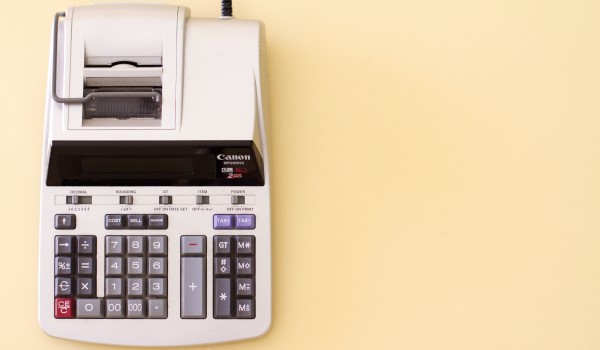How long would your savings last?
At Beehive we know money better than most, and we want to make it simple to save. 2021 Mintel data showed that 69% of families cut back on non-essential spending due to the pandemic which in turn has driven a rise in savings.
But, the Bank of England flagged on their own research that these savings increases were more likely to have been concentrated among wealthier and less financially distressed households. During the pandemic, low-income and unemployed savers saw their savings, if they had them, decrease.
Why’s saving money so important?
If you’re able to build up a decent savings honeypot, you’ll be less likely to get caught in a bind when life happens. Whether it’s thinking ahead to retirement or a first home, giving yourself a buffer for unexpected household problems like a broken boiler, or putting away money for something unexpected, like illness, a pandemic or redundancy, it helps give you better financial security. Many savers also have smaller pots to use for holidays, Christmas or even a rainy day – it’s all down to you.
How can I build my savings?
When it comes to saving, we think it takes a combination of knowledge, good habits and starting small.
- Think about short (safety net), medium (first home) and long-term (retirement) savings goals; we’ve covered that in more detail on our article about the three big benefits of saving for the future
- Look at your income and your outgoings to work out your disposable income, which you can save, spend or both. You can find more info about how to do this on our guide to saving money fast.
- Have different accounts and honeypots, to save for different things. It’s just one of many money habits we’ve shared on our blog.
- Commit to paying into savings each month. Treat it like another bill and set up a standing order after payday, so you won’t be tempted to spend before you’ve saved. It’s another way to save money fast.
How can I save for a house or retirement?
You’ve probably heard of an ISA before – an Individual Savings Account. There are lots of different types of ISA, which all offer tax-free savings, but there’s one that’s made with just both of these life goals in mind. If you’re 18-39, A Lifetime ISA (LISA) lets you put away up to £4,000 per tax year, which is topped up to £5,000 by a 25% Government bonus. You can easily open a LISA online or on our app or you can check out our guide for more information.
How much should I save?
It depends what you’re saving for.
- If you’re saving for a house, most lenders typically ask for a deposit of 10% for a first home so the amount you’ll need will depend on the value of the property you want to buy. If you’re 18-38 and put away £4,000 per tax year in a LISA, then thanks to the Government bonus, you’ll speed up your savings by an extra £1,000 a year which could get you to your goal quicker.
- If you’re saving for retirement, Which? consumer champions estimate that most retired households spend around £25,000 per year. Of course, this may go up if you still have a mortgage to pay for. If you’re employed, a pension is the traditional and purpose-built way of saving for your future. You could also find a Lifetime ISA helpful too, although check with a financial adviser first.
- For financial security, try saving three to six months of earnings. Some workplaces offer benefits and there are also types of insurance that can give you more peace of mind.
What about debt?
It’s important to pay off any debts before building your savings, as many loans have high rates of interest and will continue to grow progressively over time. A charity such as StepChange could help with judgement-free advice.
What’s my next step?
You can check out our help centre for more helpful articles on money matters, or speak to a Customer Advocate for more info on the many savings accounts we offer here at Beehive. We’re here to help you afford the things that matter.









